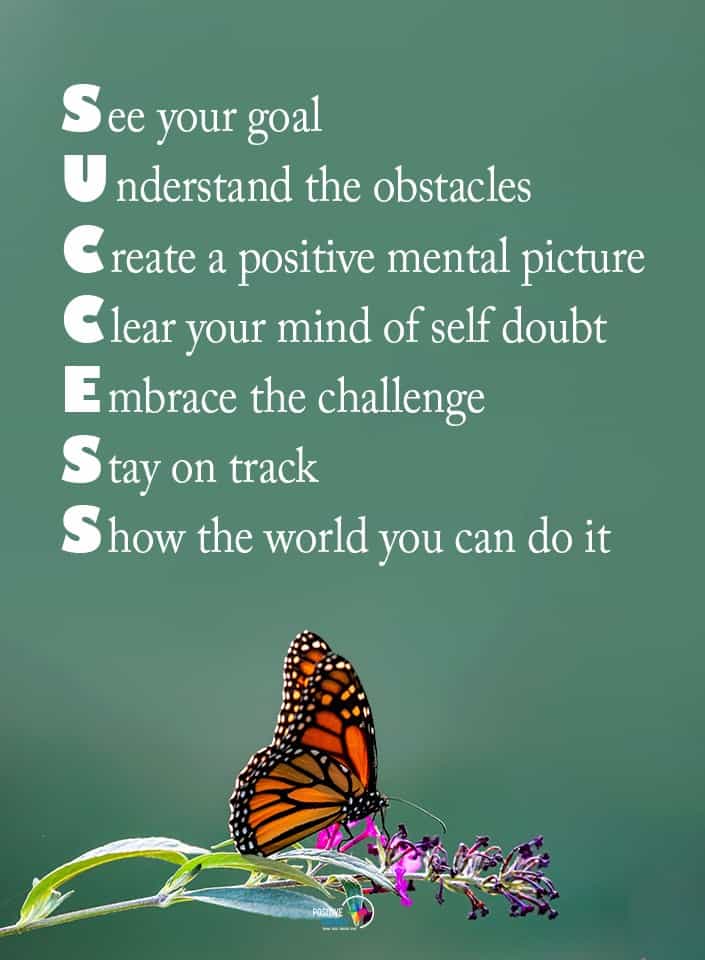Overspending can leave you cash-strapped and struggling, living from paycheck to paycheck.
Have you been struggling financially? Do your savings dry up or even fail to start being set aside at all? Do you often spend enough to leave you hanging well before your next paycheck is due? It can be very frustrating to try to spend carefully but still wind up in a lousy situation time and time again!
While there are many reasons that this could be happening. In fact, a CNBC article notes that overspending is one most common mistakes financial advisors see their clients making. Usually, there are ways to stop these problems. At least, you can quell them to more manageable and positive levels. Here are three ways to stop overspending and effective ways to save money as you do so.
1. Focus On Cash, Not Credit
The world has been leaning towards going cashless for a long time, which opens up the risk of overspending through credit cards or similar forms of credit. While debit cards are generally okay to use, credit cards are dangerous for those who tend to overspend. You’ll charge your card for everything and wind up with more debt than you can pay off.
To save money and stop overspending, focusing more on cash instead of credit is a good idea. It would be best if you opted to pay with cash for most of your purchases, and when considering your budget and remaining money, think only of cash. Here are some other tips for shifting your focus away from credit:
 ·Try Going Cash-Only For A Short Time
·Try Going Cash-Only For A Short Time
If you’ve become very used to using credit cards for everything, it may seem a little impossible or overwhelming to stick to cash long-term right away. To work your way up to it and promote positive thinking, you’ll likely want to start by going cash-only for only a short amount of time. For example, you can set a goal to use cash only for thirty days, or if you rely on cards, just for seven days first. Slowly work your way up to longer and longer periods, ultimately weaning yourself off the dependency on credit!
·Don’t Keep Credit Card Details Memorized Anywhere
The more accessible your credit card information is to you, the more likely you are to use it automatically. Don’t memorize your card details, don’t write them down or carry them around, don’t save them on mobile apps, and don’t save them on websites for future purchases. The goal is to make it harder for you to want to use your credit card. Use debit cards instead if you must!
·Wait 48 Hours To Avoid Overspending
It’s good advice, in general, to wait for a day or two before making a final decision on purchases that aren’t crucial to your life. This is a great way to prevent the prevalence of impulse purchases, and when applied correctly, it can also help you avoid using credit. If you want to buy something, set physical cash aside first and wait 48 hours. For the next 48 hours, use only cash when buying daily necessities.
If you still have that physical cash and don’t need it by the end of those two days, you can make the original purchase as intended. And if you’ve decided that you don’t want to buy that item in that time – well, good for you, too!
2. Determine What Triggers Overspending
If you overspend, something likely triggers your decision to do so. To stop this habit, it only makes sense that you’d have to examine it to find what is causing it to happen in the first place. This requires you to be completely honest about your spending and what has been happening that could be a catalyst for your decision to open your wallet a little too far.
Knowing about something is half the battle won, so understanding why you spend too much is crucial in developing measures and responses to combat that impulse. But how can you identify the triggers of your spending so that you can save money and restrain yourself? Here are some things to consider when trying to identify triggers:
·Your Mood
You’ve probably heard of the concept of an emotional eater, meaning someone who eats a lot when they’re experiencing strong, stressful, or overwhelming emotions. But did you know that emotional spending is also something that can happen? When you’re stressed out, anxious, or feeling bad, you may turn to retail therapy to boost your positive thinking. This can lead to impulsive purchases and a lot of spending. Learning to manage your mood and respond healthily to stress is recommended. Going for a walk, expressing yourself through art, or venting to a trusted person are all better options than going on a spending spree!
·The Environment You’re In
There may be certain environments that motivate you to spend money or make you buy the nice things you see. Think about it. Do you tend to spend a lot when you’re in a shopping mall? Or do you visit craft fairs and blow your budget on trinkets? Do festive decorations make you want to shop and buy gifts? Consider what environments make you most likely to spend and work on avoiding them. Of course, you can’t steer clear of these places all the time, so if need be, you should bring as little money as possible to these locations.
 ·The Time Of The Day You Shop
·The Time Of The Day You Shop
It seems a little arbitrary on the surface, but the time you choose to shop may determine how much you spend. For example, you may have more energy to make wise choices with your spending in the morning. Or perhaps, in the evening, you may be less stressed out because you’ve completed your to-do list, which allows you to spend more mindfully. Or even maybe you shop best in the middle of the day because the existence of a time limit for your process will enable you to avoid hanging around for too long and buying unnecessary things. Basically, determine how the day’s time determines the way you shop and adapt accordingly!
·The People You’re Around
Are a lot of your friends more affluent than you? Do they tend to be a little more liberal with their spending methods? Do they opt for shopping as a hangout option? When they invite you out, do they suggest or bring you to be expensive or pricey places? Any of these things could make you feel pressured into spending or could lead to you getting swept up at the moment, resulting in a decision to spend your money when you normally wouldn’t. Try suggesting more financially gentle options for your hangouts with friends and loved ones, or disclose your financial situation so you can discuss a compromise. And, of course, if there are people in your life who make you feel bad for not spending as much money as them, it’s time to drop them and move on!
3. Plan And Budget
This is an obvious step, but many people who overspend and struggle to save money don’t do it. Or maybe they think they are but are doing it improperly. Even if you think you’ve been planning and budgeting, if you struggle with saving and spending, then you’re likely not doing this properly. And if you don’t plan or budget at all – it’s time to start! Here’s how to begin:
·Take Stock Of Your Income
How can you properly ensure you know everything about your income? You need to track the exact income you receive and determine where it’s going. It may take a month to develop a full and accurate idea of how much you spend and where. Write down your income or use a spreadsheet or money-tracking software.
Log your expenses and divide them into as many categories as you need: housing payments, utilities, basic non-negotiable necessities, loans, and debt repayments, groceries, savings, eating outdoors, buying clothes, buying games, and whatever else is relevant. This will give you an accurate picture of your spending and how to improve it.
·Budget Based On Your Income
Now that you’ve taken stock of your income, you can look through what you spend and determine what you can cut down on, what is entirely unnecessary, and how much your expenses exceed or don’t exceed your income. You may have a few wake-up calls about how much you’re spending on different things. Get honest with yourself about what you truly need. If you need to, investing in a consultation with a financial advisor may be a worthy expenditure, but tread lightly and do your research before choosing an advisor to speak to.
·Plan Your Bills
If you forget to pay your bills on time, you could be hit with all sorts of fees. Set reminders and always pay them as soon as you get the income to do so. If necessary, you can and should set up automatic billing, so you don’t need to remember to pay your bills for them to be settled on time.
·Set Financial Goals
To save money and stop overspending, you’ll need to set goals regarding how much you want to improve the management of your finances. Set concrete goals – for example, a goal like “I will halve my spending on clothing from $100 a month to $50 a month” or “I will put aside 15% of my income for savings every month”. These concrete, specific goals ensure that you’re not able to hedge around vague statements like “I’ll spend less on clothes” or “I’ll save a little more.” Set a mix of short-term and long-term goals and work towards them every day, adjusting goals for realism and challenge as you go.
 Final Thoughts On How To Stop Overspending And Effective Ways To Save Money
Final Thoughts On How To Stop Overspending And Effective Ways To Save Money
These modern years are turbulent times for many people and their finances. You shouldn’t feel ashamed if you’ve been having trouble managing your money. Instead, focus your efforts and energy on utilizing wise methods to save money and stop overspending. Even if the change is small, a little bit of extra money can go a long way and do many positive things for your life!


















